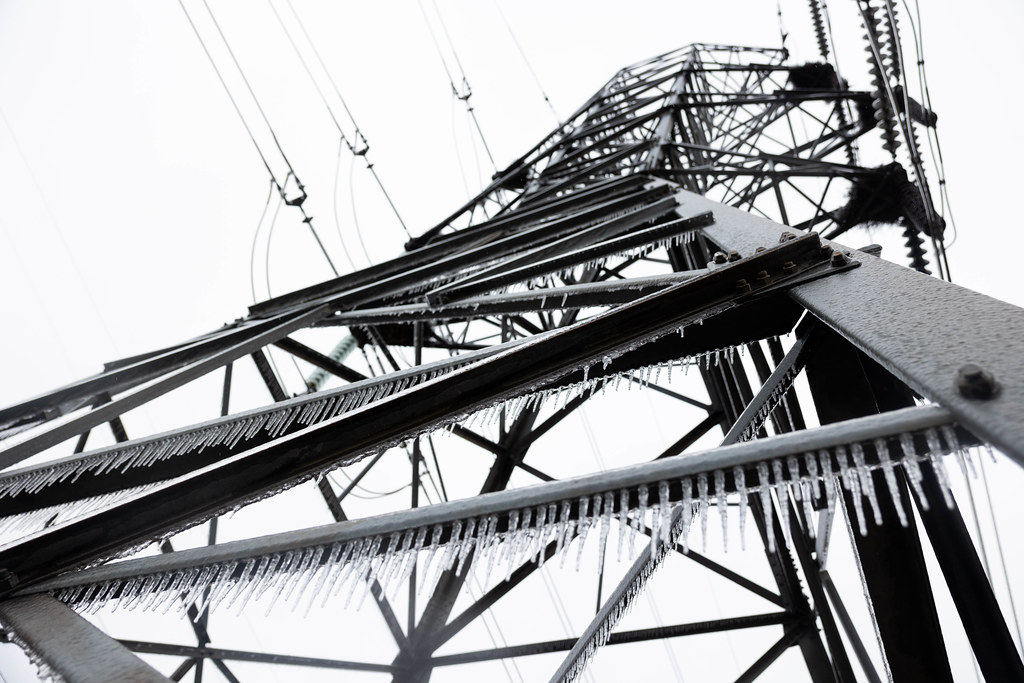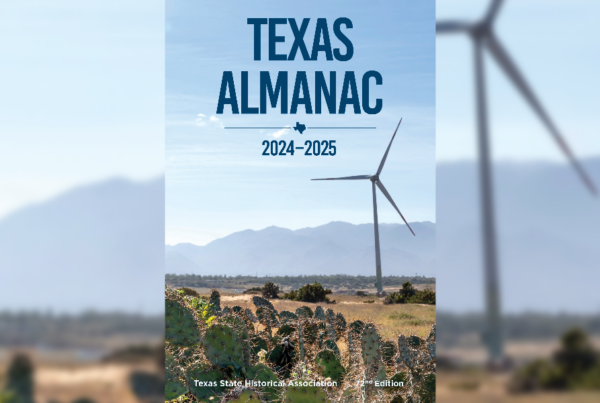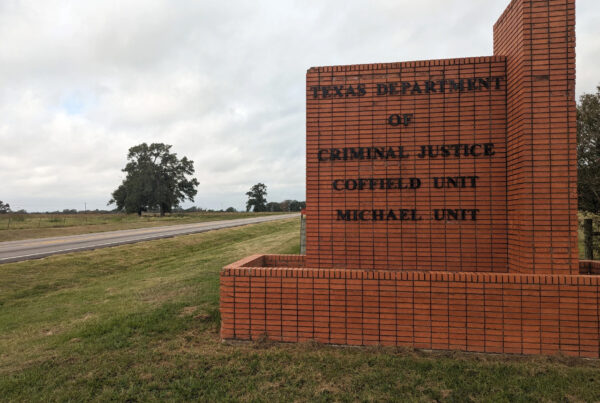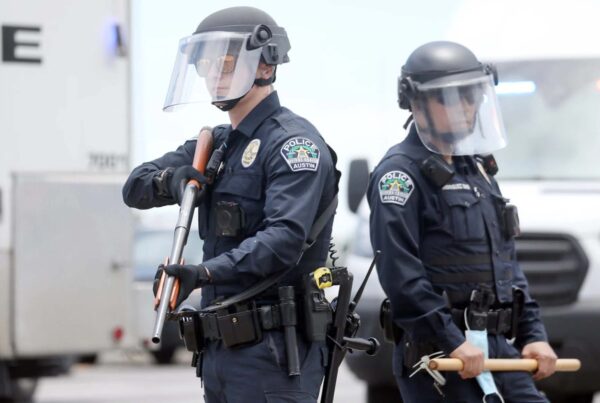Headed into winter, many Texans are wondering how the state’s electricity infrastructure will hold up once temperatures plunge. ERCOT, the state’s grid operator, recently said that there could be a chance of rolling power outages in January – making some nervous about the possibility of a repeat of the 2021 blackouts that killed hundreds.
But not everyone is fretting. Chris Tomlinson, business columnist for the Houston Chronicle, writes that despite the warnings, he’s feeling good about the grid. He joined the Texas Standard to talk about why.
This transcript has been edited lightly for clarity:
Texas Standard: With so many people understandably worried about the grid stability after 2021, why do you seem optimistic?
Chris Tomlinson: Well, you know, I don’t think that we’re going to make the same mistakes we made last time. I mean, there are a number of issues.
One is the state is watching very closely that ERCOT has been highly politicized. The governor and lieutenant governor have read the riot act to the industry. And I think they know they’ve got a good thing going in the Texas grid and they’re not going to mess it up.
I’ve got to follow up. You mentioned that the grid has sort of been politicized, and that does seem to be the case. Isn’t that usually a bad thing when it comes to policy?
Yes, we make a lot of really bad decisions. And the Legislature did consider some really bad laws. But I think what it also does is put the CEOs of the private companies that run the grid on notice.
It lets them know that if they like the competitive wholesale market, where they make a lot of money, if they like the retail electricity market, where they make a lot of money, they need to not screw it up like they did in 2021.
» GET MORE NEWS FROM AROUND THE STATE: Sign up for Texas Standard’s weekly newsletters
Well, now, what do you make then in that context of this recent outlook from ERCOT warning of a 16% chance of outages in January? That obviously raises a lot of concerns among a lot of Texans.
Well, you know, I don’t think we’ve ever had a better forecast. In the past, ERCOT only had to tell us twice a year whether or not they think they had enough juice. And they have always said, ‘oh, now we’ll be fine. We’ll be fine.’ And what happened? We got Winter Storm Uri, which, you know, killed hundreds of Texans in a year that they said they had plenty of power.
So now, the Legislature says you have to report to us every month, and you actually have to calculate the risks for every hour of every day. And lo and behold, it’s a 16% chance of outages if there is another severe winter storm.
And I guess this gets at the issue of managing expectations, too. But I’m curious, when it comes to substantive change, what’s happened since the 2021 storm – if anything – that might improve the grid stability, as you see it?
Well, we do have inspectors going out to the individual power plants and inspecting them to make sure that they’re prepared for winter, to make sure that necessary steps have been taken. We do have the Railroad Commission putting more pressure on the pipeline companies and the natural gas producers, who are really the ones who screwed up the most during Winter Storm Uri.
So, you know, there are just a lot more eyes on these folks. And as I said, Dan Patrick has indicated to the lobbyists that, if there is another power outage, that he’s going to reregulate the market and take away the gravy train they’ve been enjoying for the last 20 years.
We should point out, you mentioned the Texas Railroad Commission; for newcomers to Texas, that’s the agency that regulates power in Texas. What is still lacking when it comes to trying to make the grid more robust, as you see it?
Well, nationally, the standard is to have only a 10% chance of outages in a severe winter storm. So that’s what we need to work toward. The big fight now, and I think it will continue to be for at least the next five years, is how do we improve that reliability? Do we do it with more natural gas power plants? Do we do it with batteries? Do we do it with geothermal?
You know, the oil and gas industry is very powerful in Texas. They want to be the primary source of backup power. But we also have a lot of clean energy technologies that make sense with climate change. So we need more backup power. The argument now is going to be over where do we get it and do we have enough of it?














